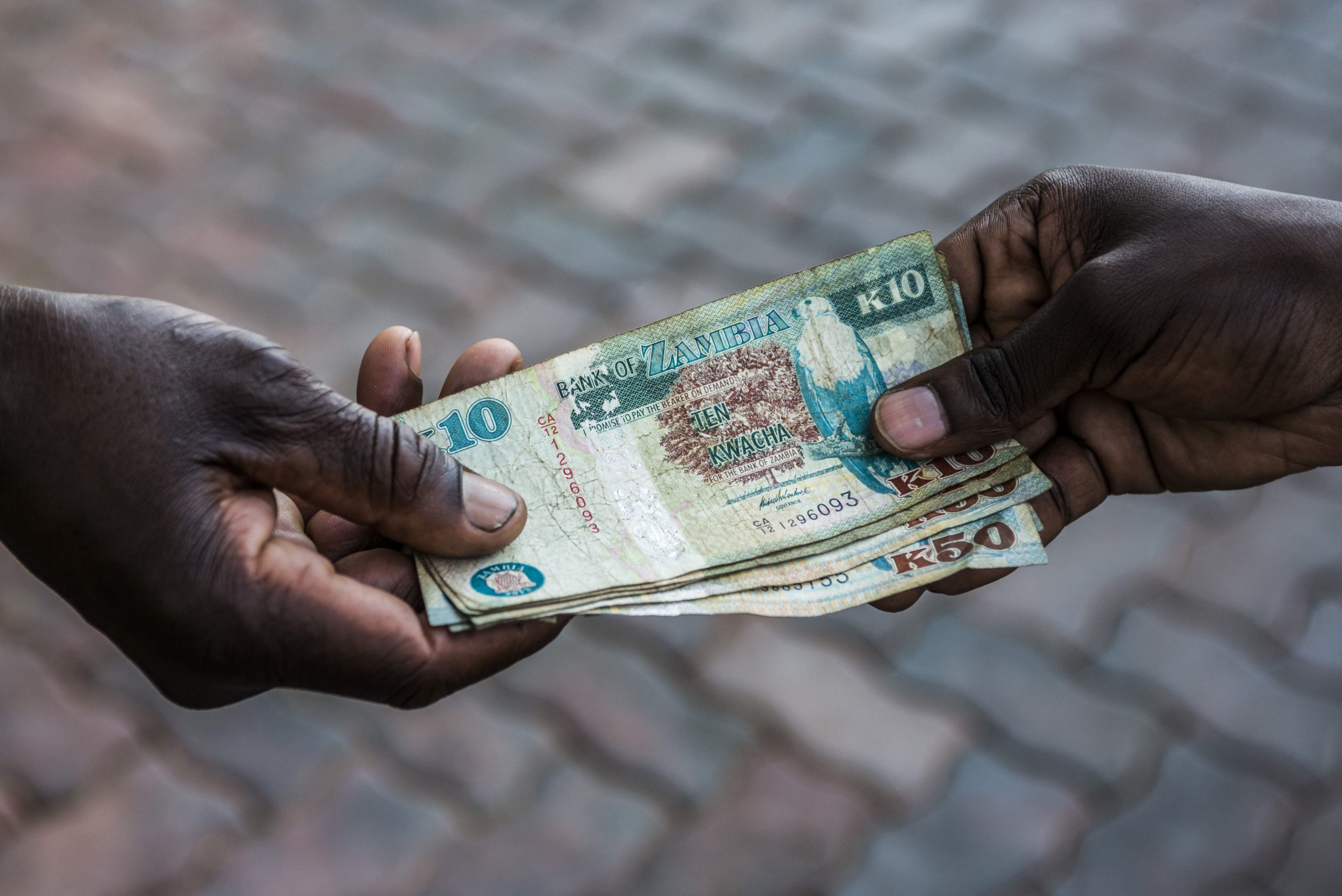In a bold move to protect its national currency, Zambia's central bank has introduced regulations to curb the use of foreign currencies, particularly the US dollar, in local transactions. This article explores the implications of these new rules, the rationale behind them, and the potential impact on Zambia’s economy.
New Regulations to Boost the Zambian Kwacha
Zambia's central bank, the Bank of Zambia, has proposed new currency regulations aimed at promoting the use of the Zambian kwacha. These rules, expected to be issued as a statutory instrument by the Minister of Finance and National Planning, will require all domestic transactions, both public and private, to be conducted in the local currency. This measure targets the pervasive use of the US dollar within the Zambian economy.
Concerns Over Dollarization
The central bank has expressed significant concerns about the rising use of the dollar in local transactions. According to the bank, this practice undermines its monetary policy tools and exerts pressure on the exchange rate. The deputy governor for operations at the Bank of Zambia, Francis Chipimo, emphasized the risks of dollarization during a recent trade fair in Ndola. He explained that relying on the dollar hampers the authorities’ ability to effectively manage monetary and exchange rate policies.
Penalties for Non-Compliance
The draft regulations outline severe penalties for those who continue to use foreign currencies in local transactions. Individuals caught violating these rules could face up to ten years in prison or substantial fines. This strict enforcement underscores the government's commitment to reinforcing the use of the kwacha and stabilizing the local economy.
Historical Context and Previous Measures
This is not Zambia's first attempt to limit the use of foreign currencies. In May 2012, the country implemented similar restrictions on dollar transactions among local businesses. However, these measures were abolished less than two years later. The current initiative reflects a renewed effort to address the persistent challenges posed by dollarization.
Impact on Monetary Policy and Economic Stability
The central bank argues that widespread use of the dollar undermines its influence on the economy. Dollar-denominated credit markets do not respond to the Bank of Zambia's actions, raising credit and liquidity risks. This situation reduces the demand for and importance of the local currency, leading to a decline in its value as both a medium of exchange and a store of value.
The Broader Economic Implications
Chipimo warned that in an economy overly reliant on the US dollar, the local currency could lose its acceptability as money. Such a scenario would have dire consequences for Zambia's economic stability. The new regulations aim to prevent this outcome by ensuring the kwacha remains the primary currency for domestic transactions.
International Relations and Sovereignty
The move to enforce the use of the kwacha also has implications for Zambia's international relations. In an exclusive interview with RT, Stephen Kampyongo, a member of Zambia's National Assembly, emphasized the importance of mutual respect and sovereignty in international policy. He responded to questions about the US military presence in Zambia, following Washington's announcement of AFRICOM's Office of Security Cooperation at the US embassy in Lusaka. Kampyongo stressed that any international policy must appreciate the sovereignty of each state.
Conclusion
Zambia's decision to criminalize the use of the dollar in local transactions marks a significant step towards reinforcing the use of its national currency. By addressing the challenges posed by dollarization, the Bank of Zambia aims to stabilize the economy, enhance monetary policy effectiveness, and safeguard the value of the kwacha. The success of this initiative will depend on strict enforcement and the ability of the local economy to adapt to these changes.
In a world where economic stability is crucial, Zambia's bold move serves as a reminder of the importance of maintaining a strong national currency. As the country navigates these new regulations, the global community will be watching closely to see how this approach influences Zambia's economic landscape.
Free Speech and Alternative Media are under attack by the Deep State. We need your support to survive.
Please Contribute via GoGetFunding



